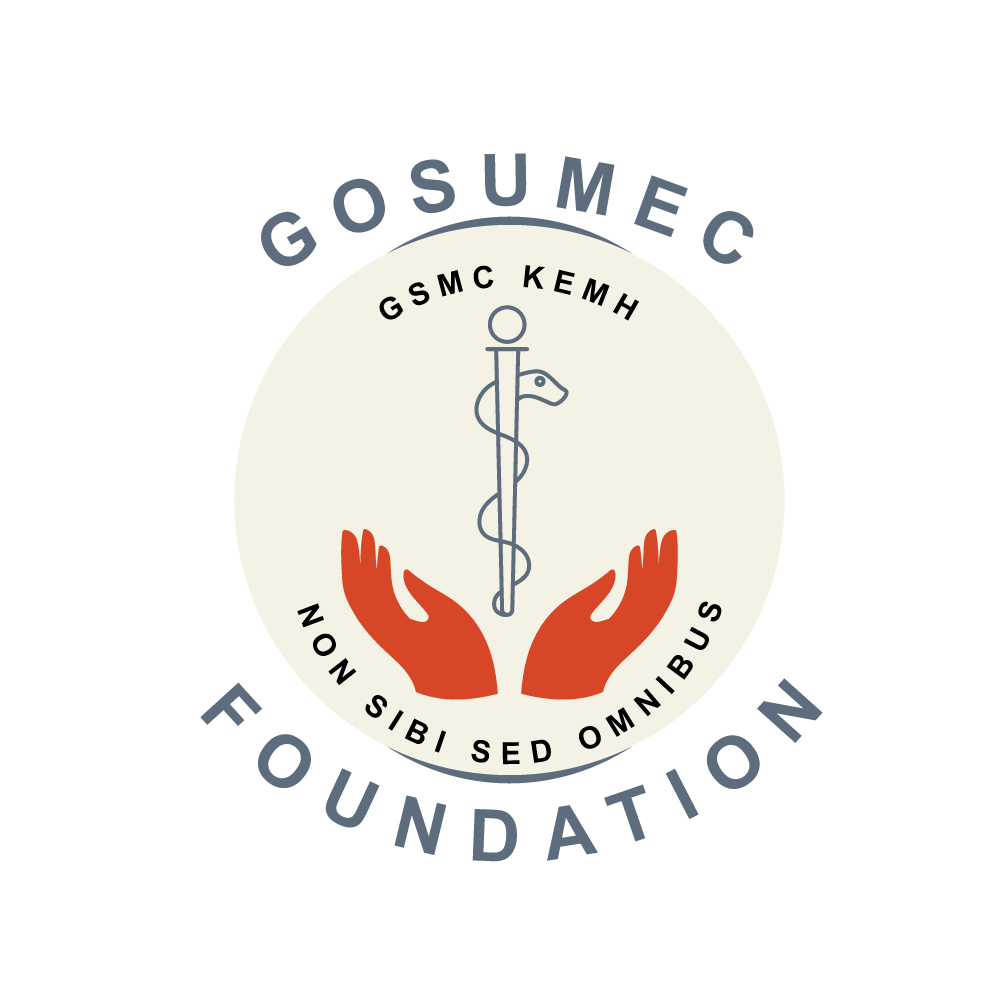Some Proud Moments

The first Indian Medical College of modern medicine to be fully staffed by qualified Indian doctors
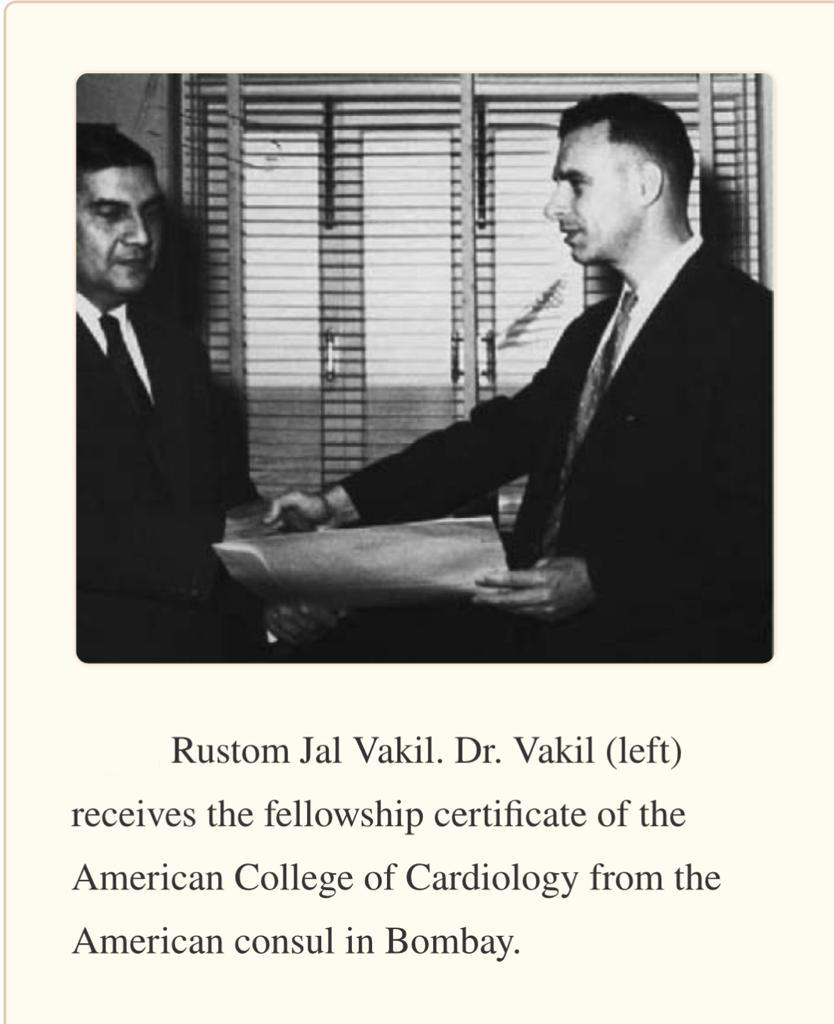
Dr. Rustom Vakil studied medicine in London, training at St. Thomas’s Hospital under the mentorship of esteemed cardiologists including Sir John Parkinson, Sir Maurice Cassidy, and Paul Wood
After returning to India, he focused on pioneering the use of Rauwolfia serpentina, an ancient Indian drug from sarpagandha roots, for treating hypertension
In October 1949, he published a pioneering paper in the British Heart Journal that revolutionized hypertension treatment in medicine
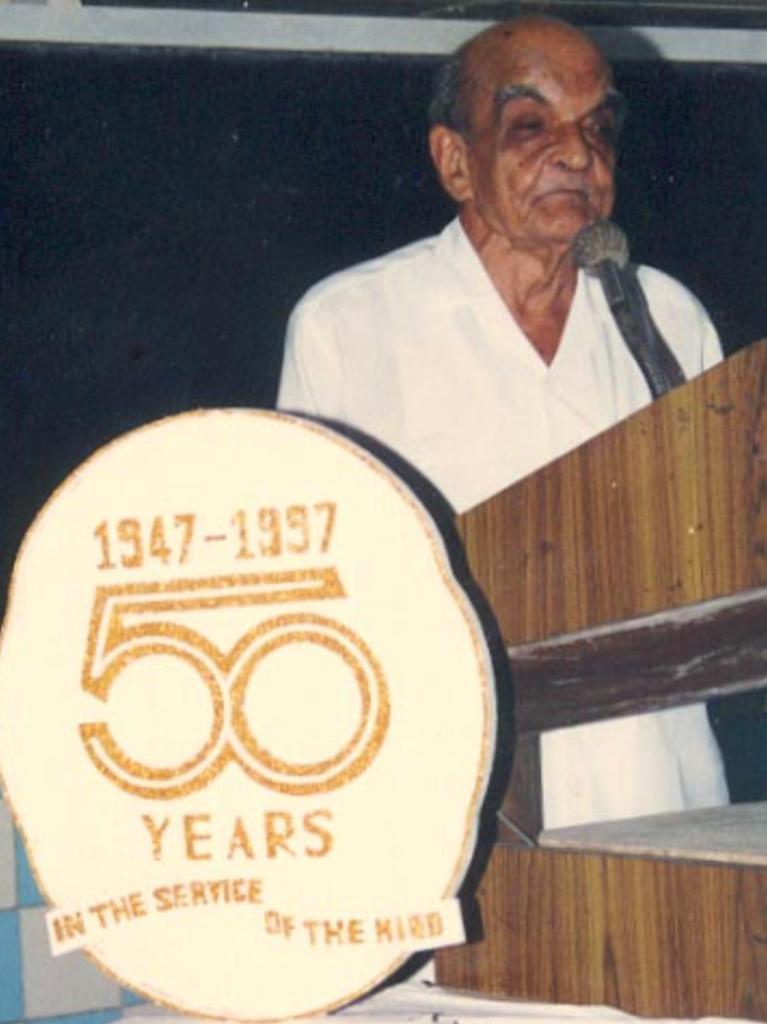
Dr. N.S. Vahia
Founder of Psychiatry
KEM’s Psychiatry Department led in adopting EEG prior to Neurology, and pioneering the use of the Polygraph for psychological parameter research
Dr. Vahia also promoted holistic well-being through the integration of Patanjali yoga
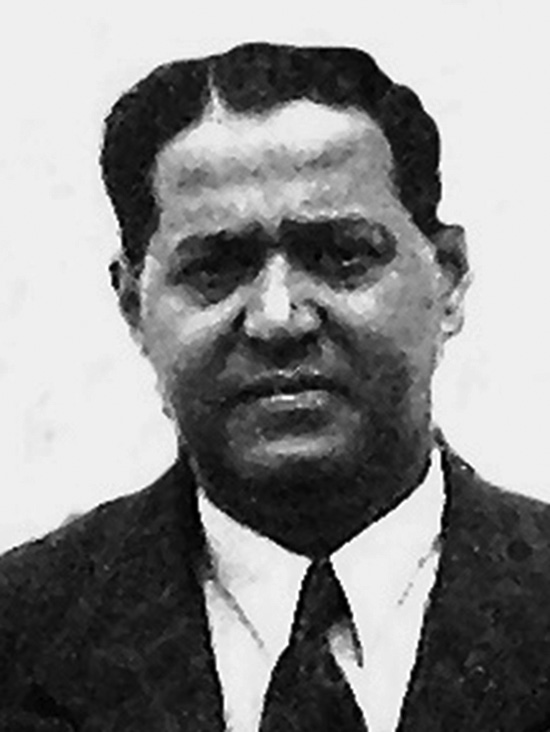
Dr. Ramchandra Ginde
Founder of Neurosciences
Dr. Ramchandra Ginde, trained at the Montreal Neurologic Institute by Drs. Penfield & Cone, pioneered Neurosurgery at our alma mater
He was renowned for his meticulous approach, personally tending to postoperative dressings and meticulously documenting procedures in comprehensive reports, now archived within the Neurosciences Department
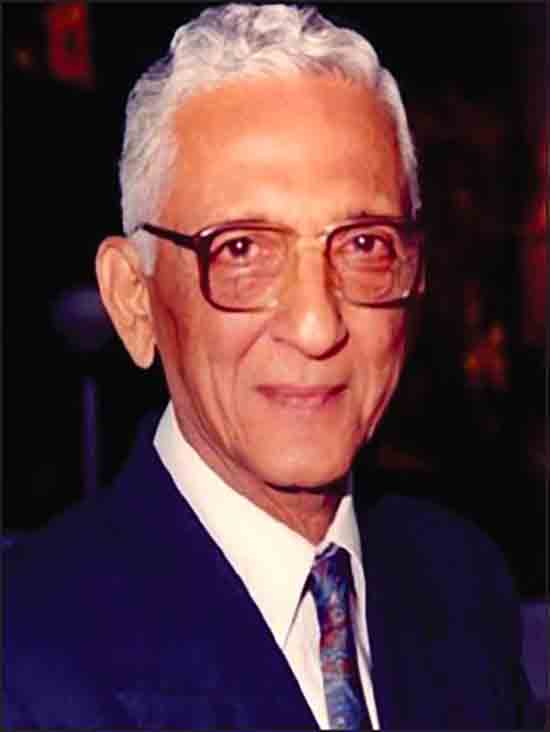
Dr. Homi Dastur
Founder of Neurosurgery
Despite the initial challenge of late surgeries in the general theatre and emergency corridor procedures, Dr. Dastur persevered
He pioneered a Neuroradiology unit, with advanced tools including a tilting table for myelography and a Schoenander skull unit for cranial radiology
Neurosurgery History
GSMC & KEMH
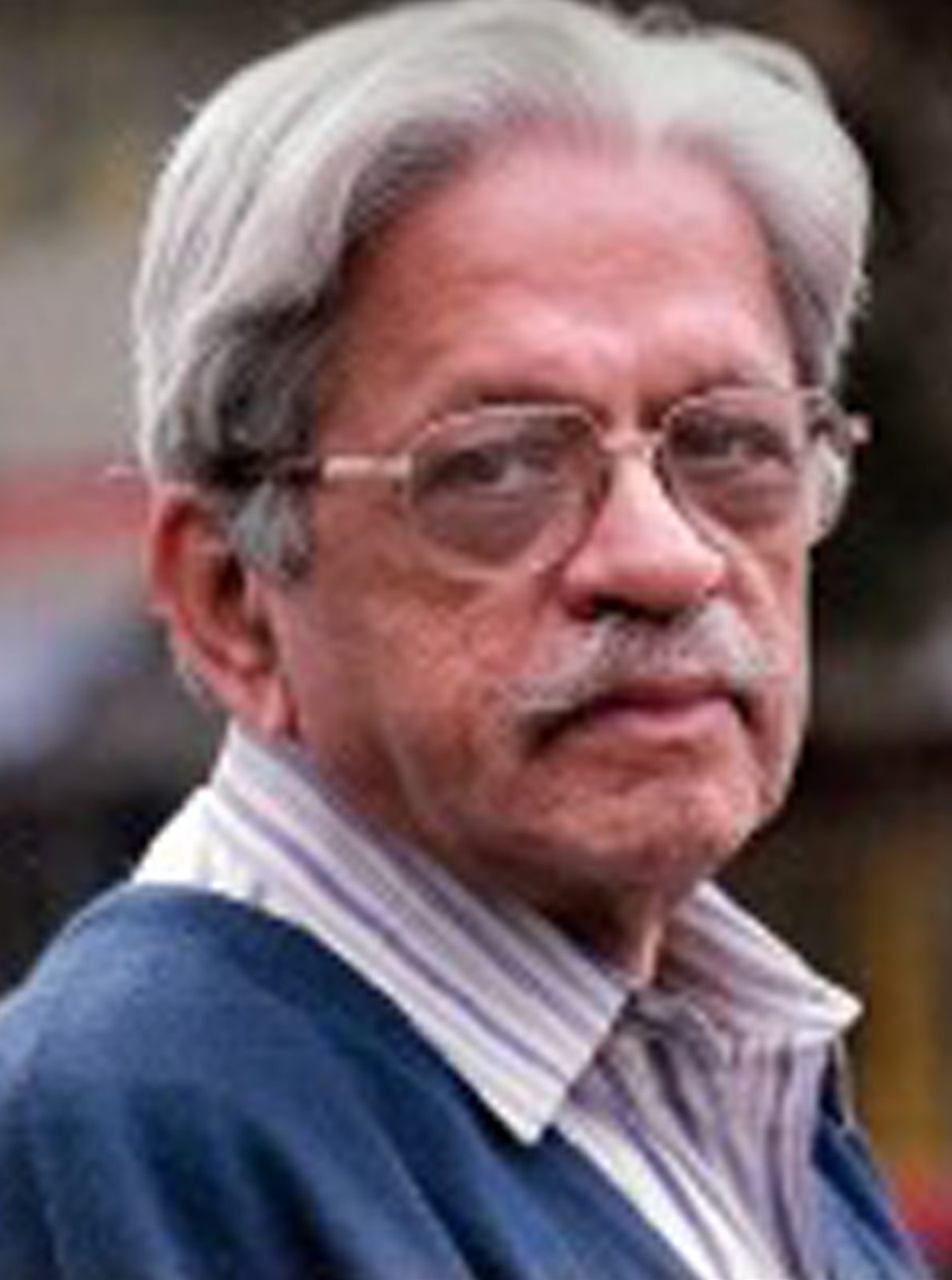
Dr. Kuldeep Singh Goleria
Dr. K.S. Goleria pioneered craniofacial surgery, influenced by Dr. Paul Tessier and a visit to Dr. Ion Munro in Toronto
In 1983, India’s first craniofacial surgery, led by Drs. Goleria and Karapurkar at KEM Hospital, with support from Dr. B.B. Mody and Dr. Mukund Thatte, marked a historic moment in Indian medicine
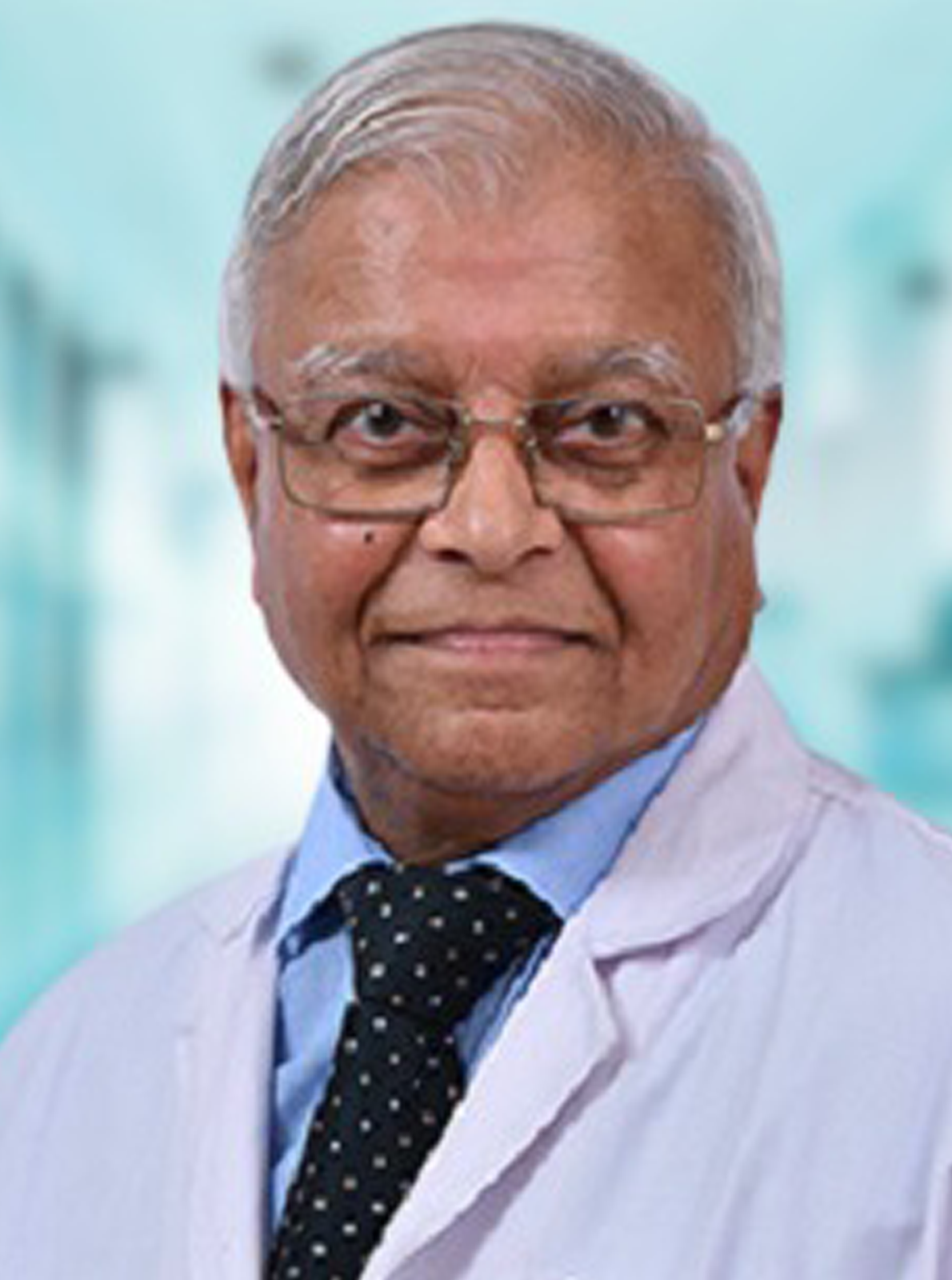
Dr. Anil Karapurkar
Neuro-Intervention
Since its 1956 inception by Dr. H.M. Dastur, the Neurosurgery Department has led in diagnostic Neuro-Radiological techniques like angiography, ventriculography, pneumo-encephalography, and myelography
In 1976, Dr. S. K. Pandya introduced transfemoral cerebral angiography and started interventional procedures by 1978
In 1980, Dr. Anil Karapurkar trained in Neuro-Intervention in Nancy, France, enabling routine neurovascular interventions for cranial and spinal cases
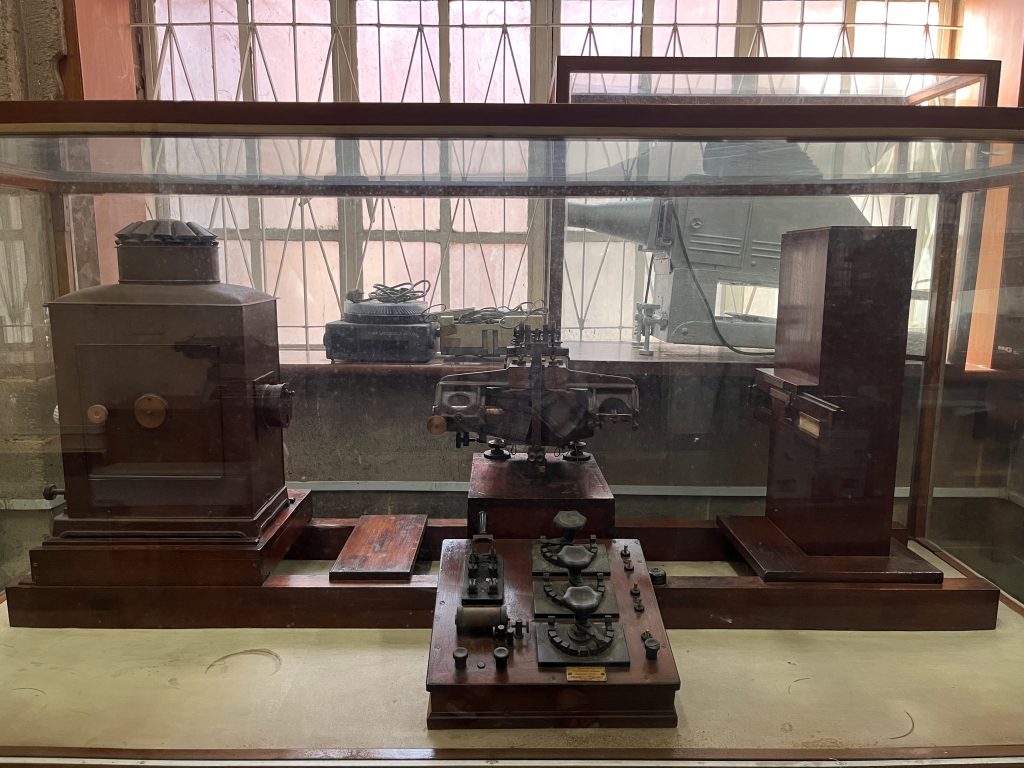
The first Indian hospital to acquire an EKG machine
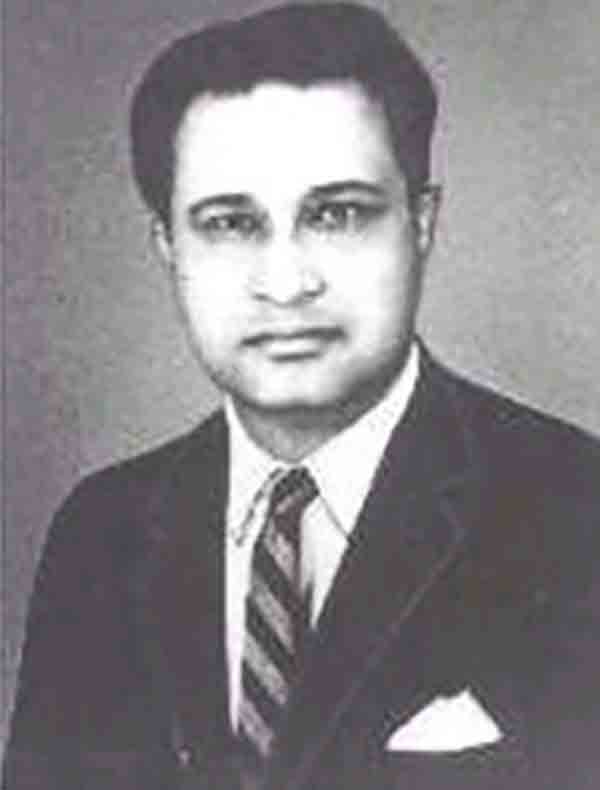
Profulla Kumar Sen (1915-1982), a renowned Indian cardiothoracic surgeon, was acclaimed for his extensive research contributions
He pioneered a transmyocardial acupuncture method for treating ischemic myocardium and developed a unique aortic arch replacement technique
On February 16, 1968, after extensive work with animal models, P.K. Sen performed India’s first cardiac transplantation, the sixth such procedure worldwide
- First Intensive Cardiac Care Unit in India
- The first atrial septostomy and mitral commissurotomy in India
- First hypothermia technique for ASD
- First cardiac catheterization in India
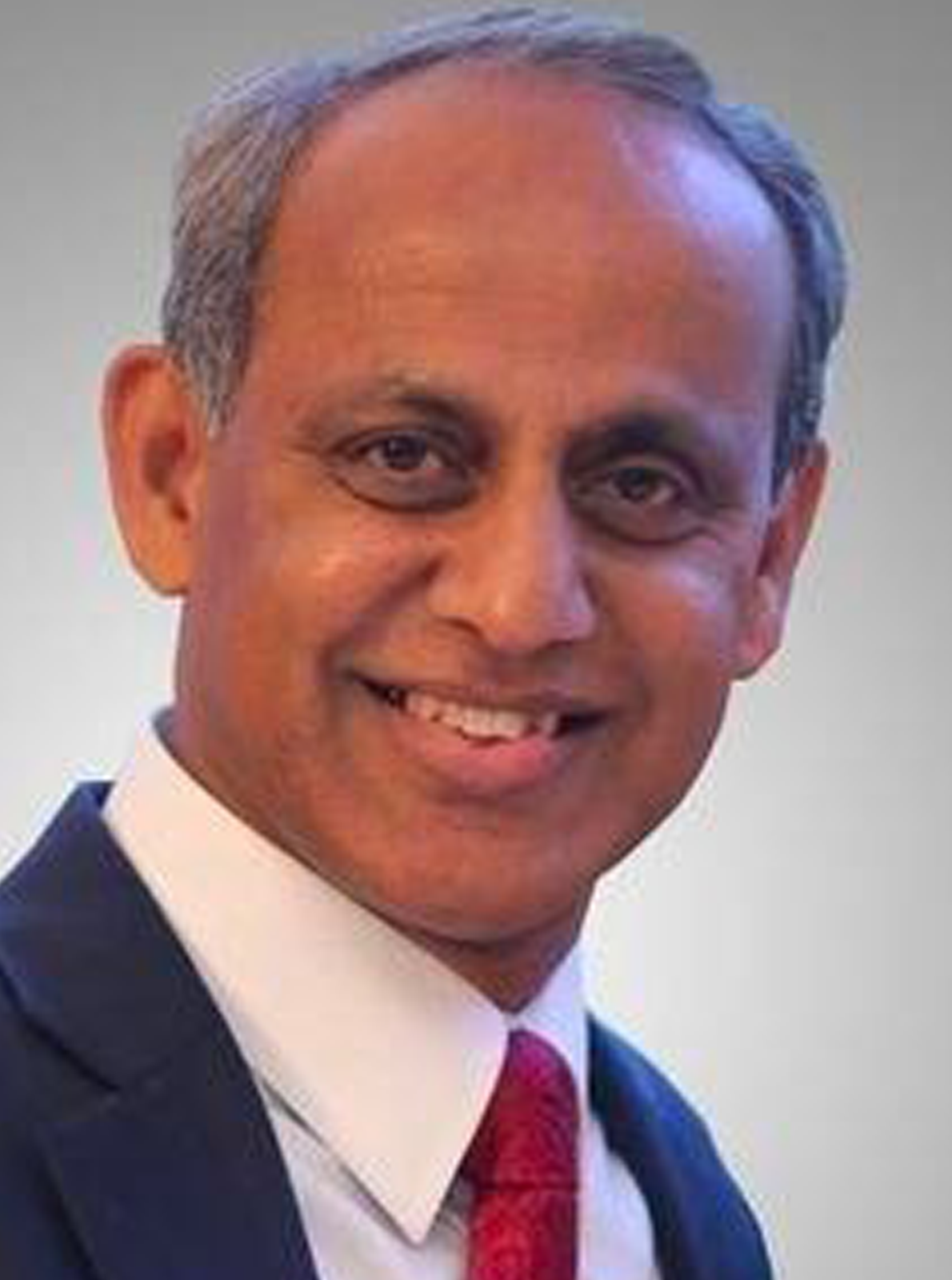
Transcatheter closure of a large aortopulmonary window in the world’s tiniest neonate
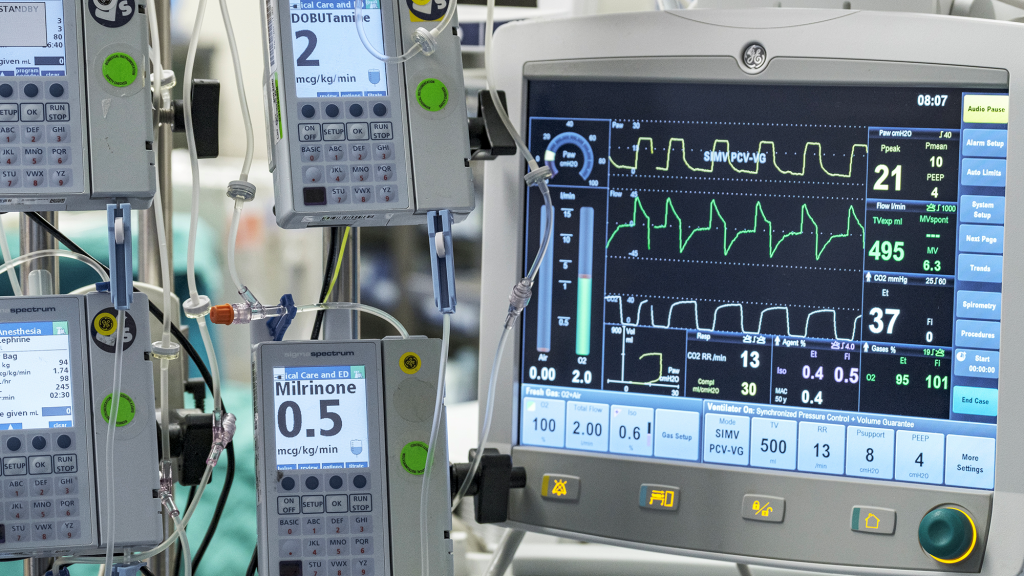
- The first department of cardiovascular and thoracic anesthesia in India
- First intravenous anesthesia with Thiopentone sodium
- First total spinal technique for controlled hypotension
Dr. Suman Kinare
Founder of Cardiothoracic Pathology
Following her training in Cardiopulmonary pathology under the mentorship of Dr. Maurice Lev and Dr. Averill Leibow, Dr. Suman Kinare returned to KEM
Under Dr. P.K. Sen’s guidance, she led India’s first unit and made significant contributions, notably describing Mid Aortic syndrome, called Sen-Kinare syndrome and now recognized as Takayasu arteritis
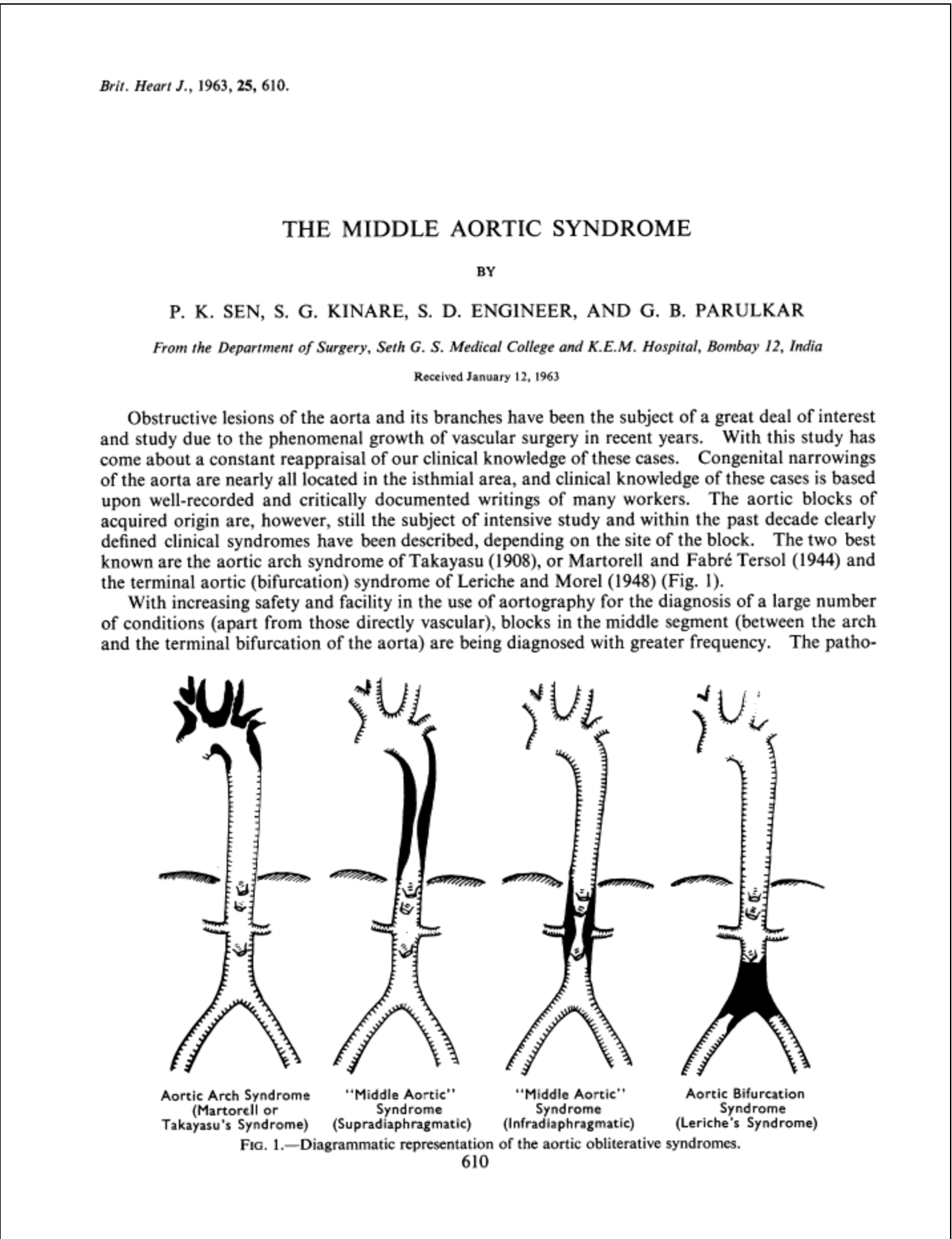
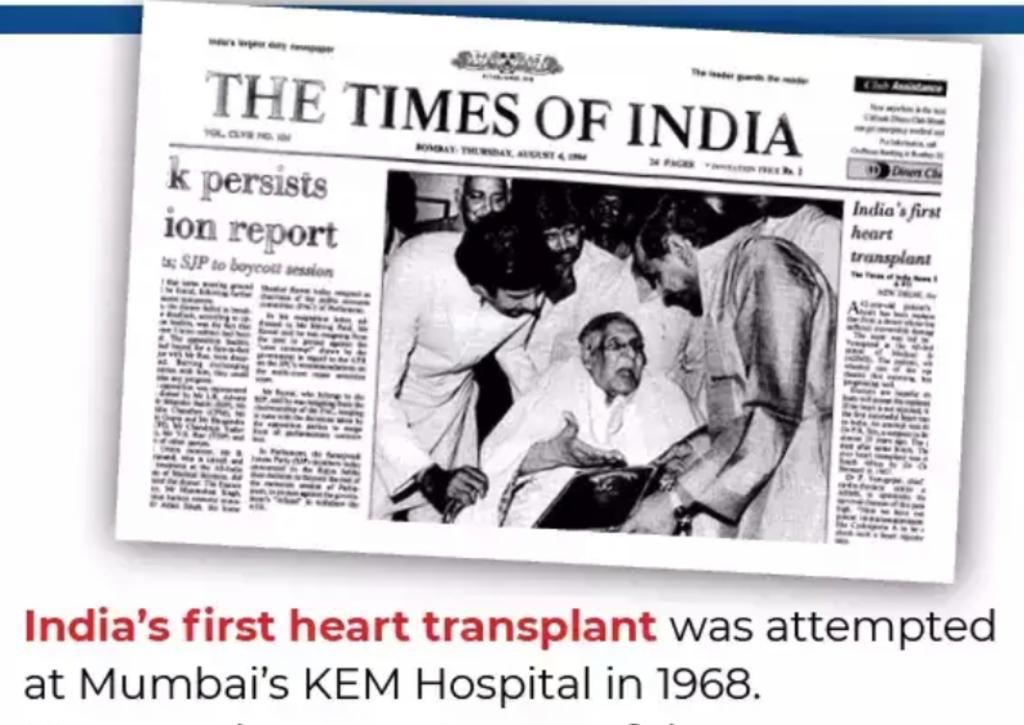
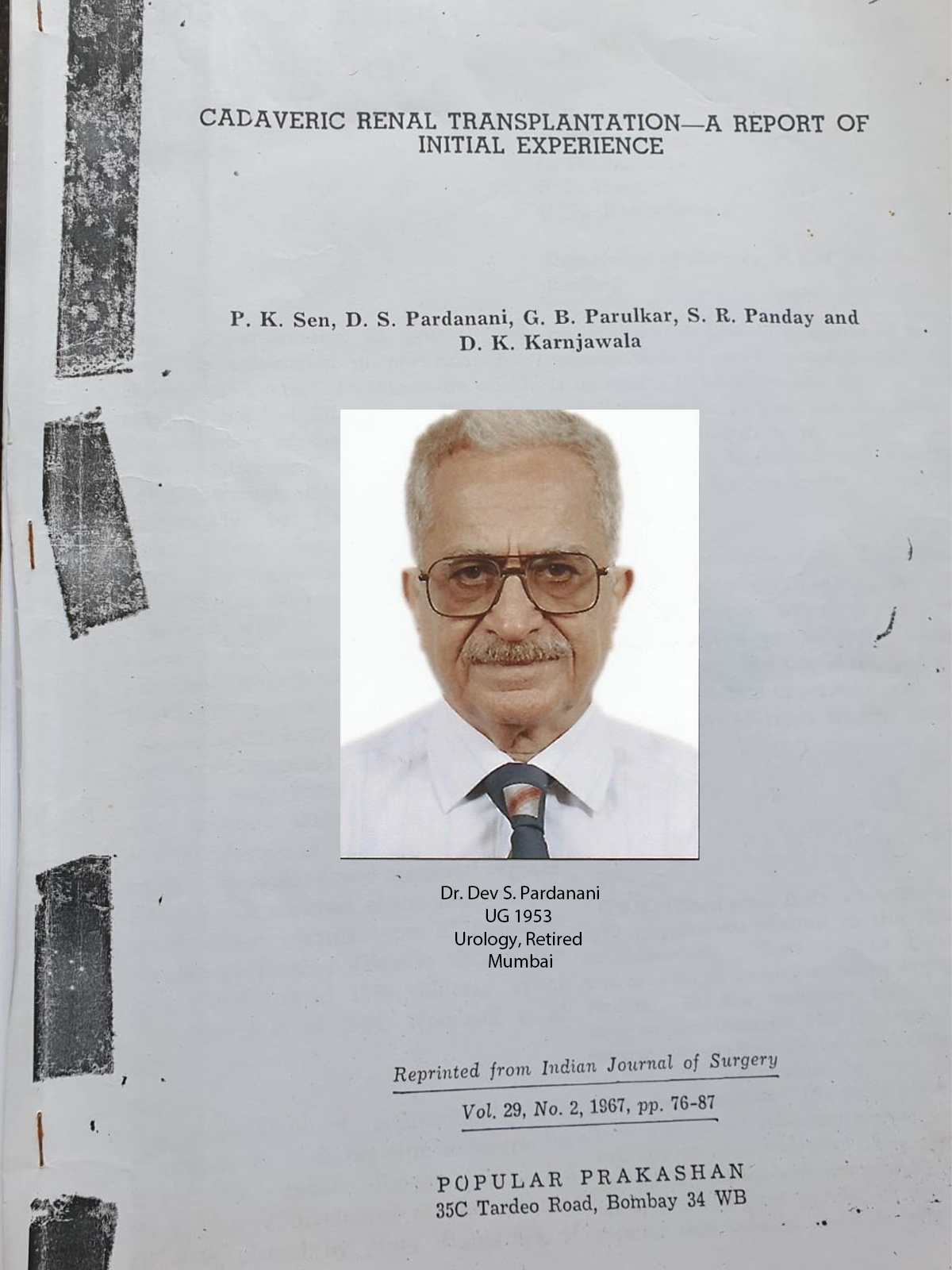
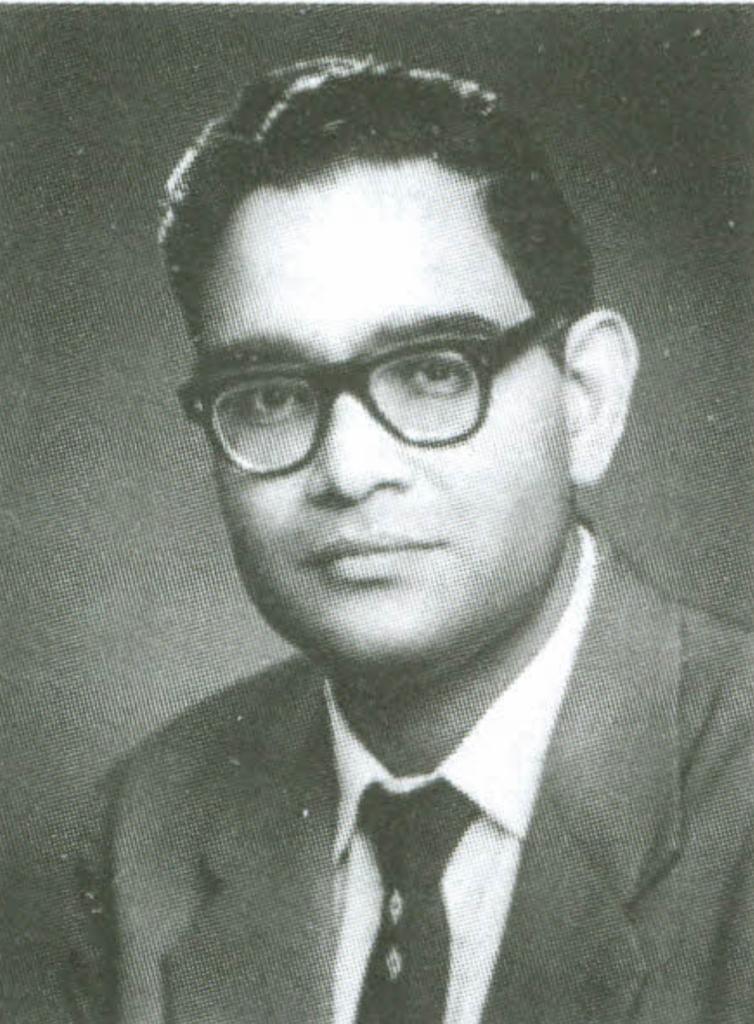
U.K. Sheth, the renowned Father of Clinical Pharmacology in India, led the Pharmacology department and undertook a Rockefeller Foundation Fellowship in the USA, collaborating with Professor Herb Borison in Professor L. S. Goodman’s department
In retirement, he consulted for the World Health Organization (WHO) on pharmacology, with a 14-year stint in Geneva focusing on malaria
Later, he became Professor Emeritus at Bharatiya Vidya Bhavan’s SPARC and acted as a senior advisor to the Department of Clinical Pharmacology at GSMC

Pioneering work on the use of diethylcarbamazine in tropical eosinophilia
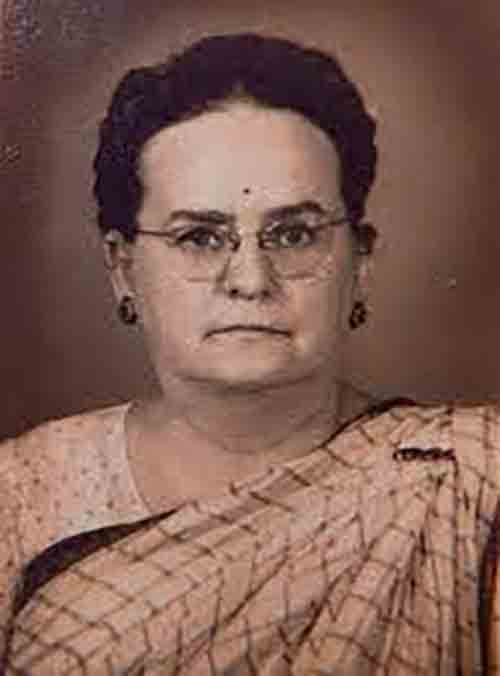
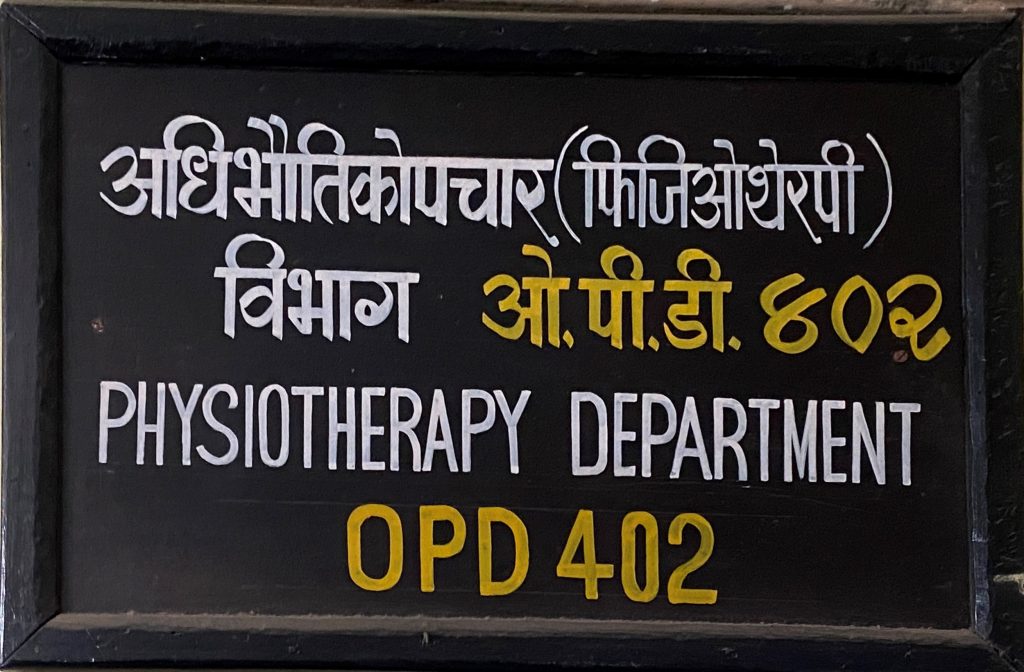
The first Physiotherapy School in South & Southeast Asia

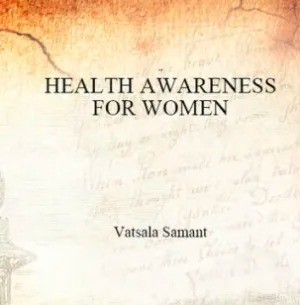
Her commitment won admiration from Prime Minister Jawaharlal Nehru and Mrs. Indira Gandhi, and her esteemed reputation endures till today

The first documented test-tube baby in India
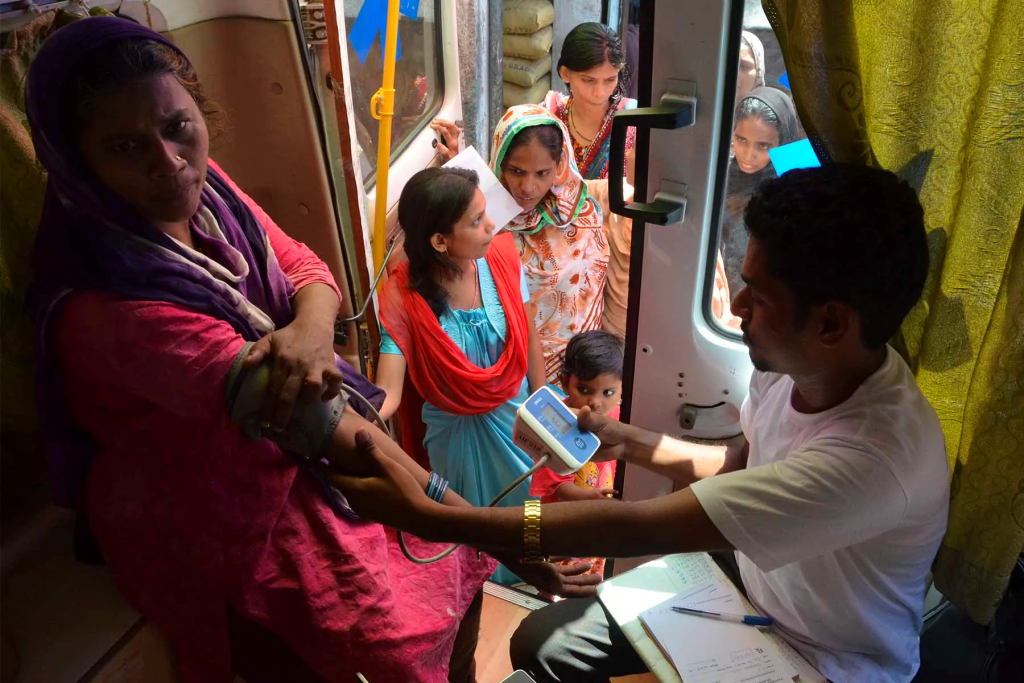
The first Department of Preventive and Social Medicine to start a Mobile Health Unit in India

- Discovery of Bombay Blood group
- Single largest collection in a day by a blood bank in India: 5679 units of blood
- The first Plasma Fractionation Unit in Asia
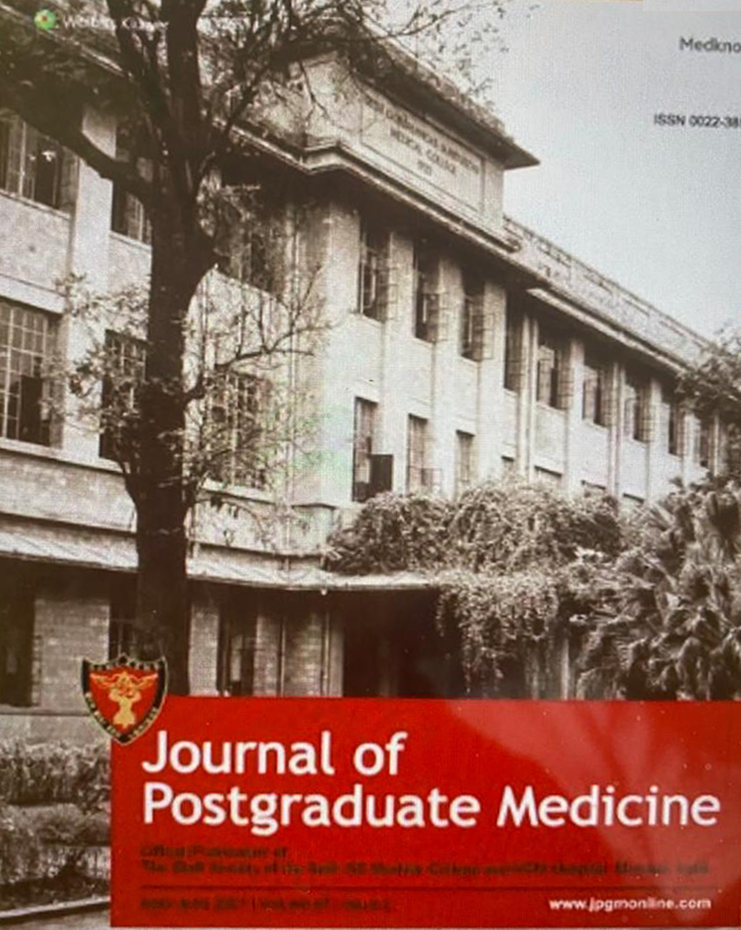
The first Indian Medical Institution with an indexed medical journal, ‘Journal of Postgraduate Medicine’
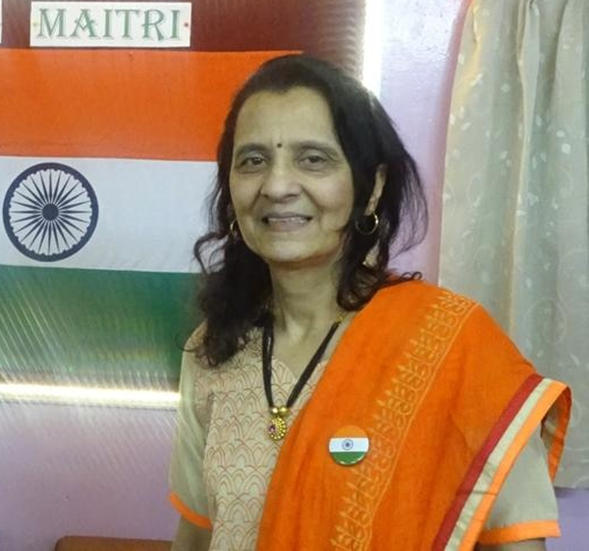
Dr. Madhubala Joshi-Chinchalkar
‘Polar Woman’
At the Indian Research Station ‘Maitri,’ she provided medical care, handled emergencies, and earned the title ‘Polar Woman’
